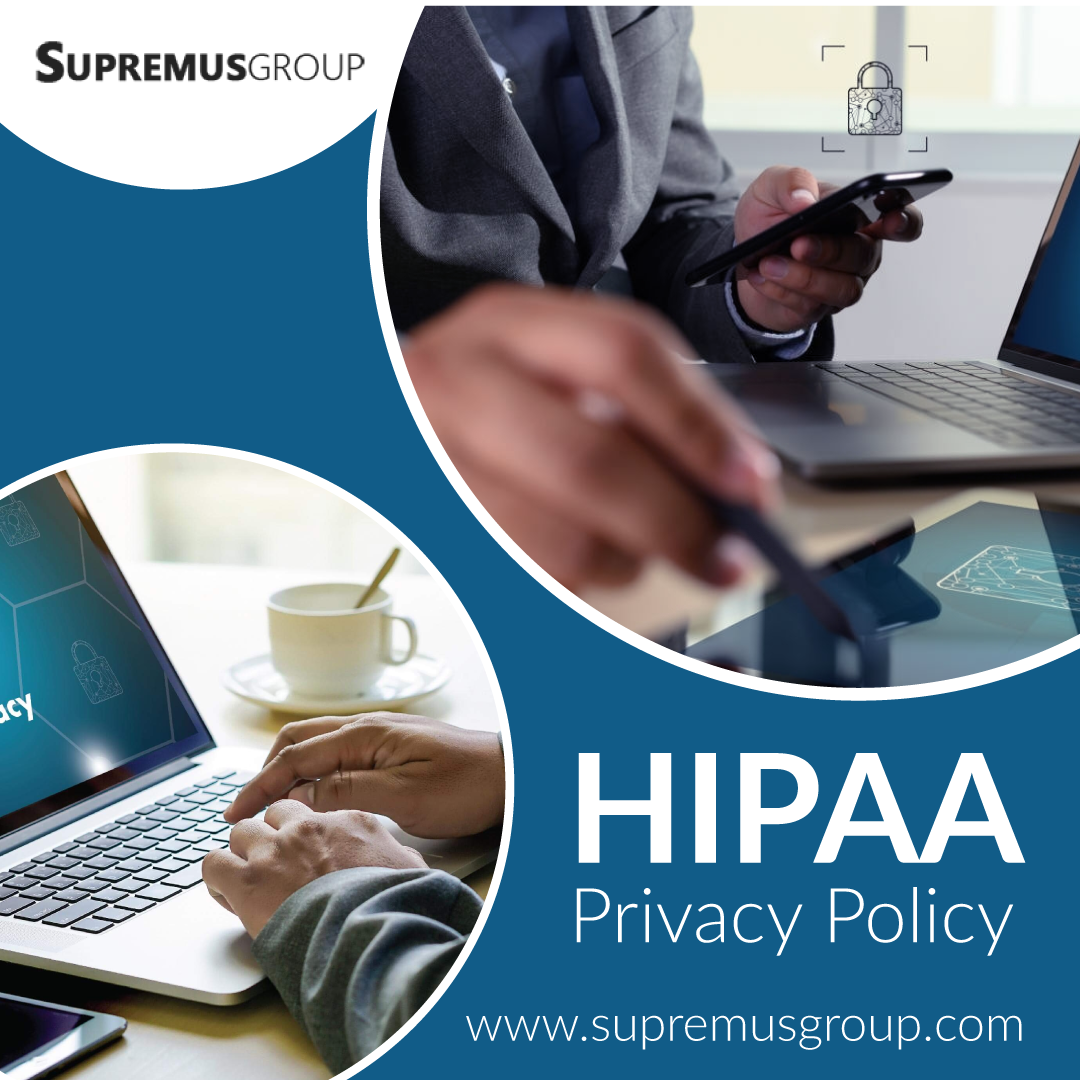Physicians are entrusted with the most intimate and personal information in a patient’s lifetime. The information includes his/ her account of identity information and health information. The HIPAA Privacy Rule is issued by the US Department of Health and Human Services to restrict the use of information of a patient or consumer of healthcare services. This information is called protected health information (PHI). This rule was created to protect patients’ privacy.
Under HIPAA privacy policy, a covered entity must make practical efforts to use, and request only the necessary amount of PHI required for any particular task. This privacy rule gives patients rights over their health information and to any medical records.
Does the Privacy Rule Apply to You?
This privacy rule applies to covered entities and their business associates. A covered entity is a health plan, a healthcare clearinghouse, or a healthcare provider. In other words, if your organization wants to have access or the ability to access PHI, HIPAA applies to you. If you’re a covered entity then an organization that wants to access PHI must have a written business associate agreement. A BAA states how PHI will be used, disclosed, and protected. If a breach occurs, BAs are directly liable to the same penalties.
Information Is Protected Under HIPAA
It protects a patient’s health information and identifying information in any format such as files, email, audio, video, or verbal communication. Any of the following is considered private health information:
• Name, Telephone numbers, addresses, and other contact information
• Birth or treatment dates, and any other dates relating to a patient’s illness or care
• Social Security numbers
• Photographs
• Medical records numbers
• Finger and voiceprints
• Any other account number
This rule’s goal is to revolutionize the healthcare industry by lowering expenses, streamlining administrative procedures, and responsibilities. Its main goal for a healthcare-related organization to have necessary safeguards to protect the privacy and security of Protected Health Information (PHI). The HIPAA Privacy Rule provides protections for health information held by covered entities and gives patients an array of rights with respect to that information.
Maintaining compliance over time will not only give you peace of mind and helps organizations avoid hefty penalties, but also empowers healthcare organizations and business associates by protecting patient data. By implementing a comprehensive data security risk management solution focused on protecting patient data, the organization will be prepared not only for today’s threats but for tomorrow’s threats as well. The HIPAA compliance training includes a comprehensive HIPAA compliance plan that will help you to successfully clear these audits. If an organization looking to train the employees, then look for the best Employee Cyber Security Awareness Training. They provide HIPAA compliance templates manual for HIPAA security risk analysis, HIPAA privacy security policies procedures, HIPAA audit, and contingency planning. Getting the employees to understand and grasp the HIPAA Compliance Plan will go a long way to make the company HIPAA compliant and valued in the eyes of your clients and the government.


Leave A Comment